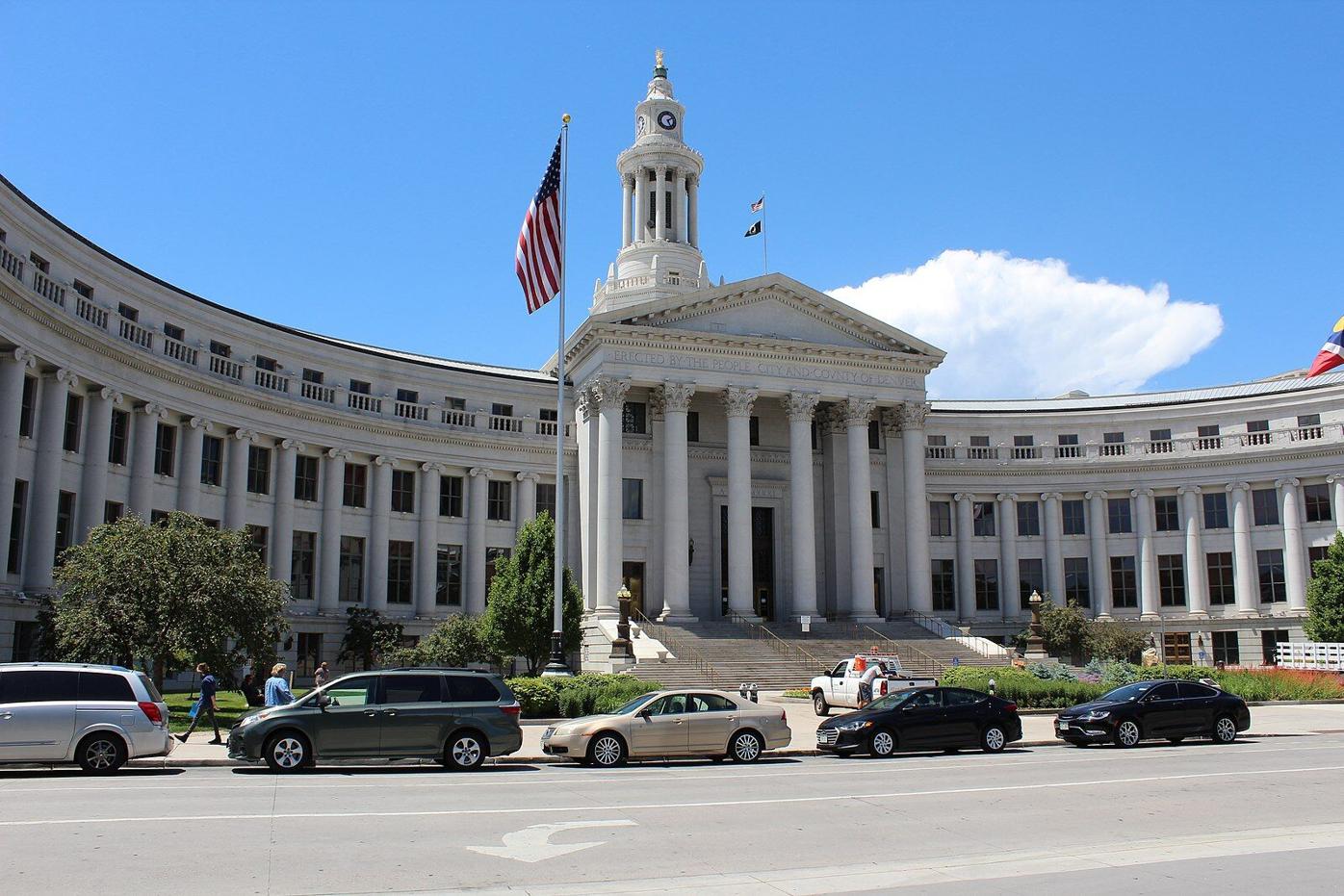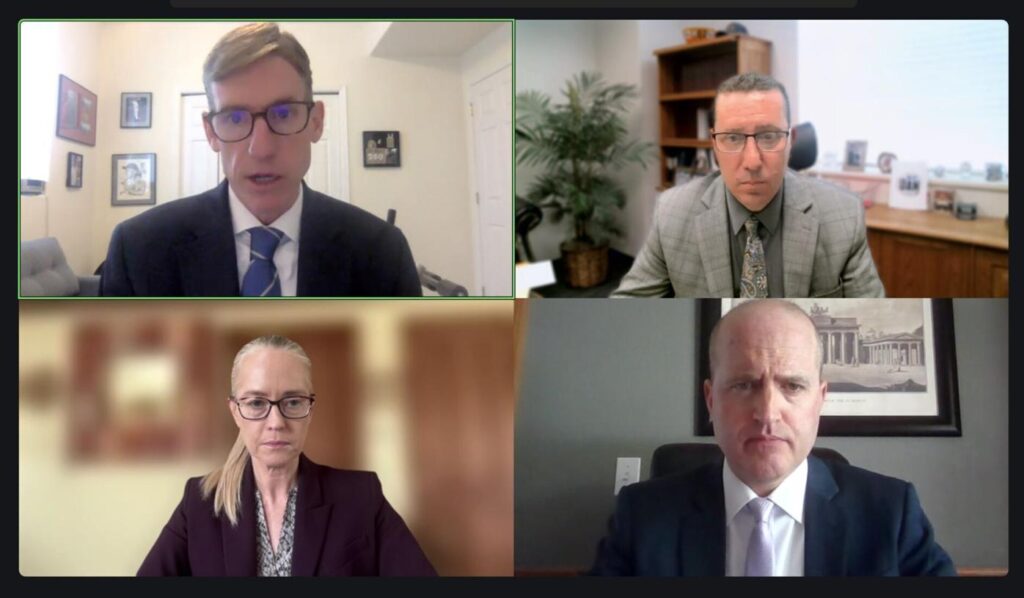Denver plans to create one consolidated bill for city-operated utilities, audit reveals

Sarbjit Bahga / Wikimedia Commons
Denver will create one consolidated utility bill for its residents, including composting, stormwater and possibly trash and sewer, according to an audit released Monday on the city’s services with Denver Water.
The consolidated bill will include all city-operated utilities, and water bills would still be through Denver Water, the audit revealed.
Citing the city’s plans, the audit said new billing software was needed to replace “old and inefficient systems for stormwater and composting services,” and this led to a larger conversation about combining billing. A consolidated bill would move sewer billing back to city operations. Currently, the city relies on Denver Water to bill and collect sewer charges.
Denver committee moves fee-based waste services program to full council
According to the audit, the Department of Transportation and Infrastructure plans to have the new consolidated billing cycle fully in place in two years. Trash and composting services will be combined in 2022, with stormwater added in 2023 and sewer added in 2024. The city’s Utilities Administration bought licenses to use a new billing system called Zuora, which composting billing services have already transitioned to as of 2021.
Residents are not billed for trash, but City Council on Monday was expected to hold a preliminary vote on a bill that could implement a new volume-based waste services program that would charge residents based on the size of their trash bin.
Denver officials have yet to determine if the city will end its agreement with Denver Water and use the new Zuora billing system for sewer, the audit said.
The Auditor’s Office determined the city is not evaluating its decision to move sewer billing in-house in line with best practices in government.
“Furthermore, we found the evaluation tool management is currently using is incorrect, incomplete, and may not be the correct tool to use for this decision,” auditors said, noting that decision involves millions of dollars in annual spending. “Without proper consideration, the city risks making a decision that does not maximize the quality and quantity of its service at the lowest cost and best value.”
Denver officials did not immediately respond to request for additional information or comment.











